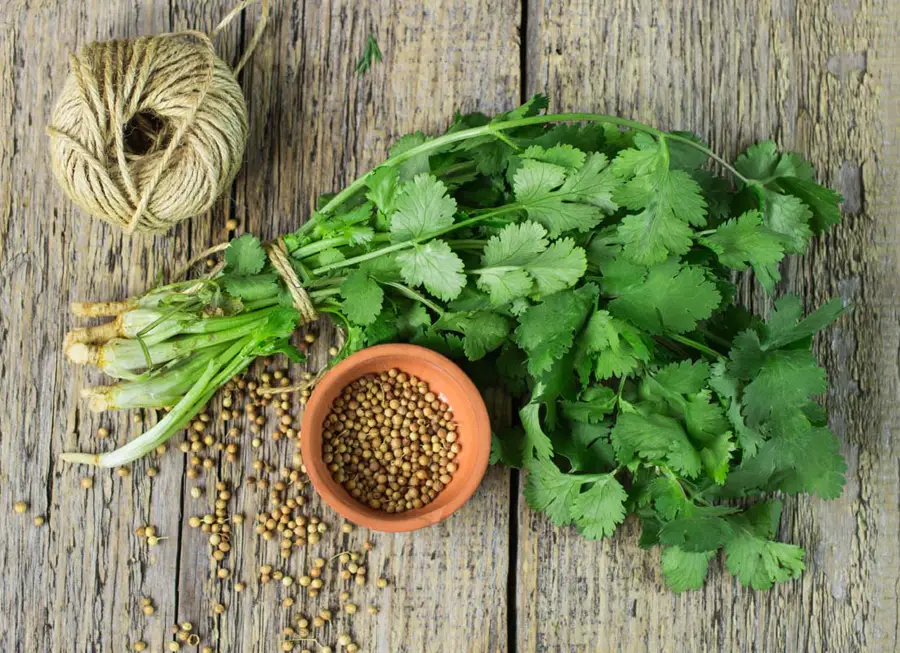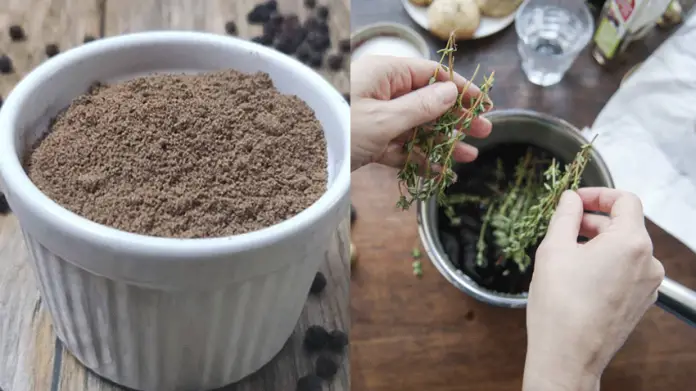Nobody likes bland food. It’s sad and depressing. This is why salt usually tastes good since it adds umami while enhancing the flavour of your dishes.

But then again, too much salt can do more harm than good since it is commonly linked to several health problems, namely high blood pressure. While it’s best to practice moderation when it comes to adding salt to your dishes, you might want to consider these 12 Salt Alternatives To Reduce Your Sodium Intake.
1) Garlic
Garlic is one of the must-have kitchen staples when comes to everyday cooking (unless if you are allergic to it or suffer from LPR a.k.a. silent reflux). It tastes good for sauces, stir-fries, meats and vegetables, just to name a few. And that is not all, as this sodium-free pungent bulb boasts several health benefits. This includes improving cholesterol levels, minimising blood pressure and even boosting immunity.
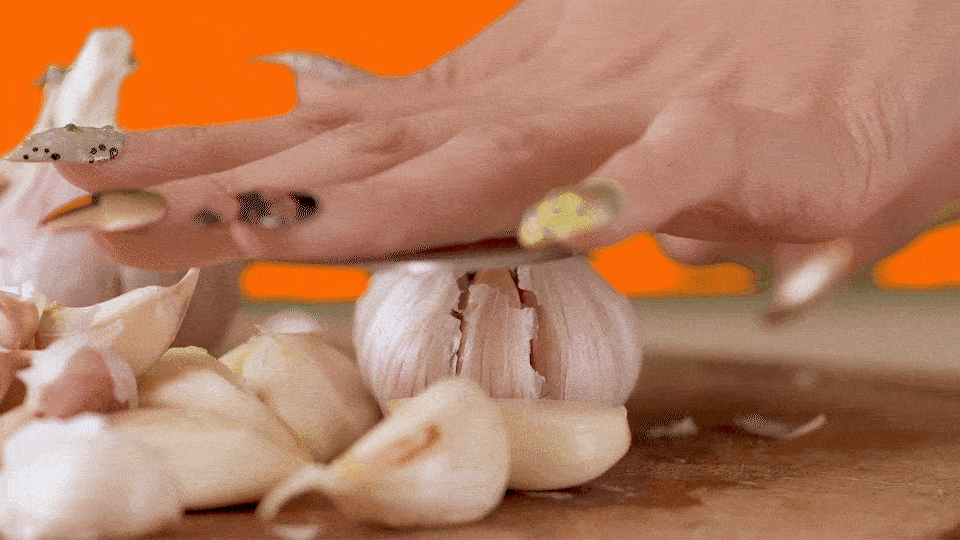
2) Black Pepper
It’s hard to ignore salt when you mention black pepper as they often go hand in hand like an inseparable culinary duo. But if you are thinking of cutting back on your salt intake, you can still add black pepper on its own. Best used for different kinds of savoury dishes such as stir-fries, soups, meats, vegetables, eggs and pasta. Not to mention it packs lots of health benefits since black pepper is generally high in antioxidants and may help to fight inflammation.
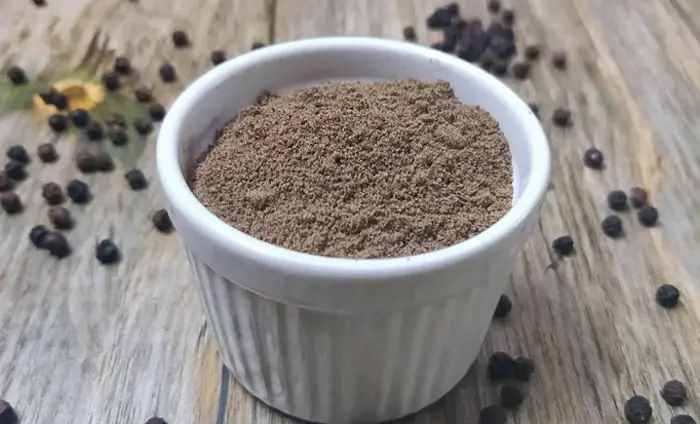
3) Cayenne Pepper
Here’s another pepper-based ingredient but more of a chilli-like flavour, making it suitable for those who love spicy dishes. Or anything that you want to add some extra heat to your cooking. When it comes to health benefits, cayenne pepper can suppress hunger (i.e. making you eat less and feel fuller for longer) as well as lowering blood pressure and boost metabolism levels.
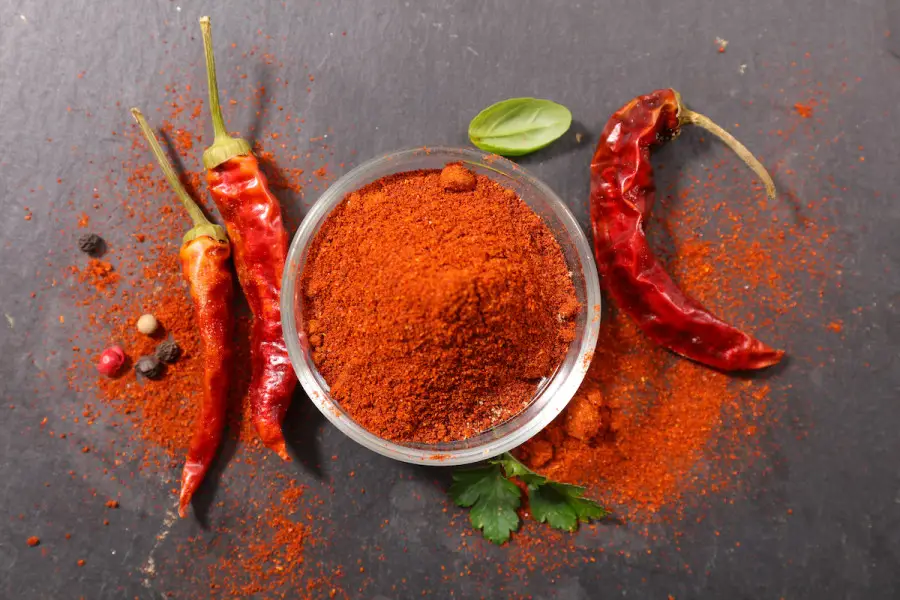
4) Balsamic Vinegar
Commonly associated with salad dressings, there’s actually more to balsamic vinegar than meets the eye. The tart yet slightly sweet flavour happens to be an ideal complement for other dishes like stews, meat, fish, and roasted vegetables. Plus, did you know that balsamic vinegar contains plenty of health benefits? This includes everything from reducing blood sugar to improving skin health, lowering cholesterol levels and may even help to minimise acid reflux.
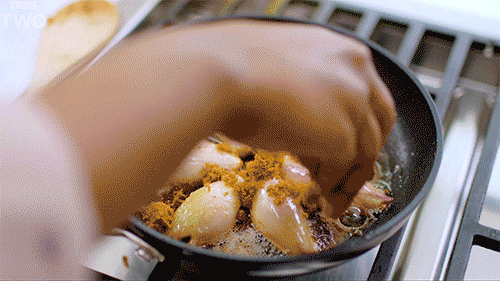
5) Ginger
A staple for many Asian dishes, ginger happens to be a great salt alternative. Use freshly chopped ginger and add them into stir-fries, curries, sauces as well as meats and vegetables. Not only does ginger add a warm and zesty flavour to your dishes but you also get to benefit from its anti-inflammatory properties.

6) Basil
Packed with lots of vitamins and antioxidant properties, basil adds a subtle aroma to your dishes. And yes, this popular herb happens to be versatile enough for the likes of stir-fries, salads, sauteed vegetables, pizzas and of course, pasta sauces. For the latter, it works particularly great for pesto recipes. Just blend basil with other ingredients including cheese, garlic, pine nuts and some olive oil using a food processor or blender.
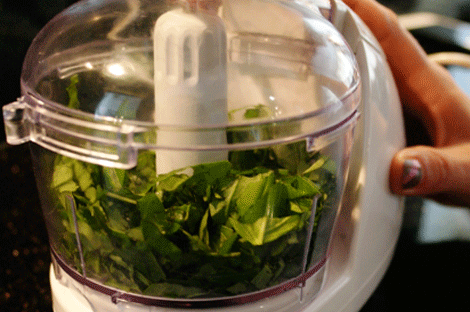
7) Oregano
Use it fresh or dried, with the latter usually coming in the form of a shaker. Oregano has that aromatic flavour but with a hint of bitterness, making this herb distinct enough for many dishes. You can incorporate them into tomato-based and olive oil-based recipes (e.g. pasta) and marinades such as beef, chicken and fish. Like basil, oregano is rich in antioxidants and has antibacterial properties as well.

8) Thyme
Another healthy salt alternative? Well, thyme to consider this herb (no pun intended) as part of your sodium-free flavouring agent. You can use it fresh or dried and it tastes great in many dishes, namely pasta as well as roasted chicken and baked fish. Health benefits include boosting immunity, and lowering blood pressure and cholesterol levels.

9) Turmeric
Known for its distinctive yellow-orange colour, the anti-inflammatory-boosting turmeric is typically associated with curries. Not just meat-based curries, but also great for vegetables. You can even incorporate turmeric for scrambled eggs or other dishes like chicken stir-fry.

10) Lemon Juice
The vitamin C-packed lemon isn’t just for juicing purposes but proves to be versatile enough for various types of cooking. Use it as a salt alternative to help elevate the flavour of your food. And we mean, almost any food such as stir-fries, chicken, fish and vegetables. You can also incorporate lemon juice for marinades and of course, salad dressings.
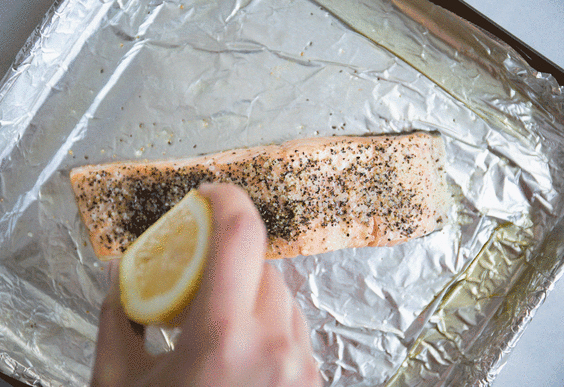
11) Rosemary
Rich in antioxidants and anti-inflammatory properties, try adding fresh or dried rosemary to your roast or baked chicken. Rosemary also pairs well with other dishes such as stews, vegetables, sauces and oily fish, namely salmon and mackerel.

12) Coriander
Coriander adds depth to your foods, particularly the savoury types such as curries and chicken dishes. This is especially true since coriander has an earthy and lemony taste that complements well with various types of cooking. Not to forget coriander provides a few health benefits that may help to reduce blood sugar as well as promoting heart health and boosting immunity.
